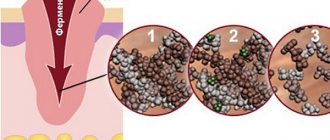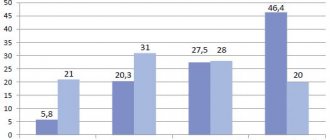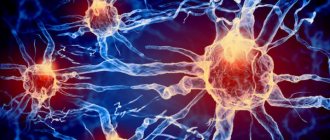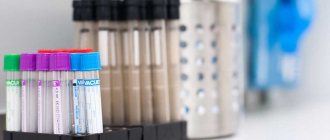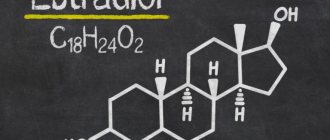Drugs that stimulate lactation (lactagonic drugs) are drugs that selectively increase the production of milk in the mammary glands - lactation.
The hormones of the pituitary gland, an endocrine gland in the brain, are responsible for lactation: the hormone of its anterior lobe is prolactin (lactotropic hormone) and the hormone of the posterior lobe is oxytocin. Prolactin is responsible for the growth and development of mammary glands and milk production. This is facilitated by the hormone oxytocin, which stimulates the formation of prolactin and, in addition, by contracting the ducts of the mammary glands, is responsible for the secretion of milk.
The synthesis of prolactin is in a strict inverse relationship with the level of the mediator dopamine - the less dopamine is in the pituitary gland, the more prolactin is formed and the more actively milk is secreted. On the contrary, excess dopamine in the pituitary gland inhibits the formation of prolactin and suppresses lactation.
To increase the amount of breast milk and the duration of the lactation period, along with physical methods (use of breast pumps, light massage of the glands), normalization of sleep and rest patterns of the nursing mother, lactagon agents are widely used.
